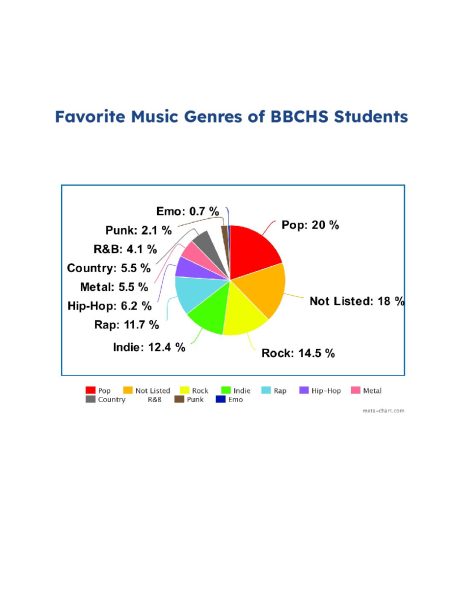How Being Green Keeps Earth Clean
Many people have heard the household phrase, “Reduce, Reuse, and Recycle.” It’s a catchy slogan that summarizes the three best ways we can do our part to keep the planet green. We put this expression into practice by being mindful of our use of plastic straws and cups or by bringing reusable bags to the grocery store. Many people across the country and in our community also choose to recycle. Recycling endows a sense of contribution and feeling like we are doing our part. However, a question has recently arisen in the public eye that threatens to soil the comforting sentiments created by the practice of recycling. When we recycle, where do our recyclables go after we put them in the bin at the curb?
Nearly half of the world’s recyclable waste for the past quarter-century has been sent to China, according to Yale Environment 360. On January 1, 2018 China placed a ban on imports of most plastics. Burdened with dirty pizza boxes, greasy tin foil, improperly recycled materials and more – China’s recycling facilities have become overwhelmed with contaminated materials. This ban aimed to stop the problem offers several pros and cons to the environment and the recycling industry.
Businesses in America and around the world were left scrambling for somewhere to send their recyclables, and much of these materials end up in landfills or incinerators due to the high cost of processing these materials properly, also according to Yale Environment 360. However, this ban will also benefit the environment in the long run. Businesses and citizens are now being pushed to recycle the correct way, without contaminated or nonrecyclable materials. Many recycling plants are stepping up their capabilities by upgrading their machinery and capacity. There is still much debate surrounding what the long-term solution to this current issue is, and what the future of recycling is going to look like. This discussion spreads amongst environmentalists, scholars, and conversations among members within our community. Sydney Kremer, a senior at BBCHS, shared her thoughts on the current situation of recycling.
“I think recycling is a good thing – it’s easy to do and a small contribution to society every time you do it.”
Her family recycles, and she says her family does their part to recycle whatever materials they can until their bin fills up. Kremer has heard talk of recent issues that have arisen regarding recycling but does not feel disheartened by this. She stated, “Recycling is easy; doing it correctly is not that big of a deal.”
Although the future of recycling is uncertain, one common truth remains clear. Doing what we can to shift our mindset from what has been called a “throwaway culture” to one of environmental consciousness will help direct the future of recycling in the right direction.

